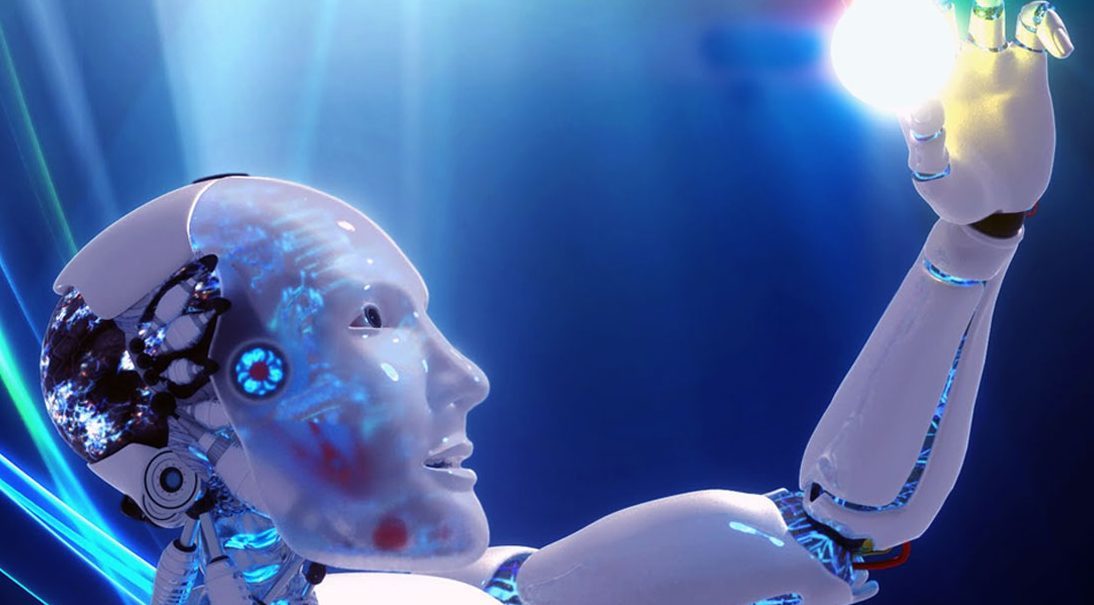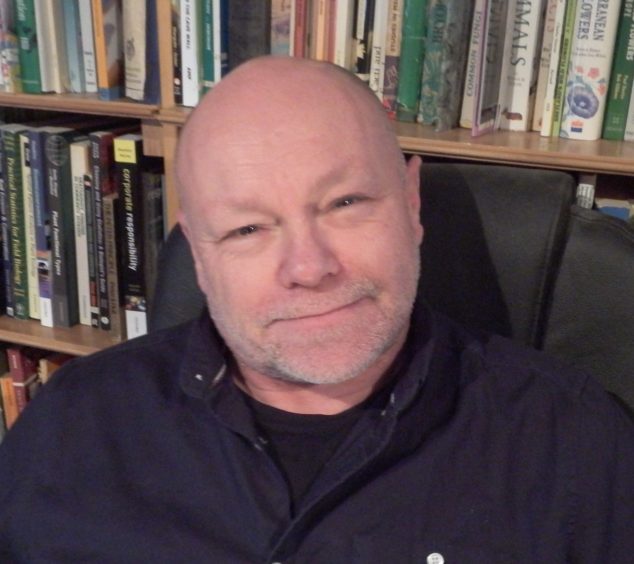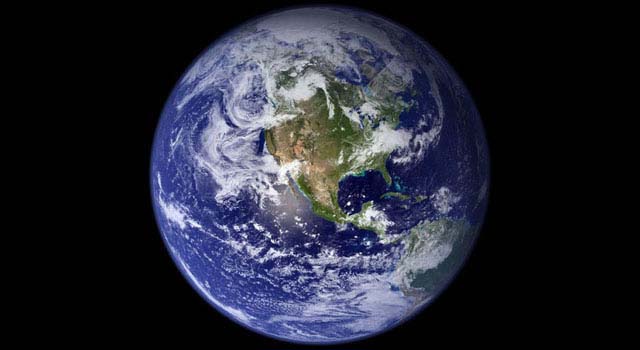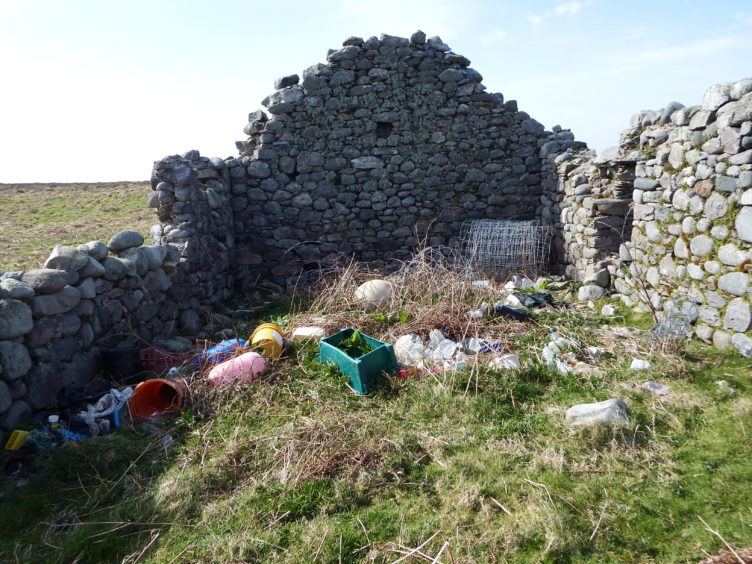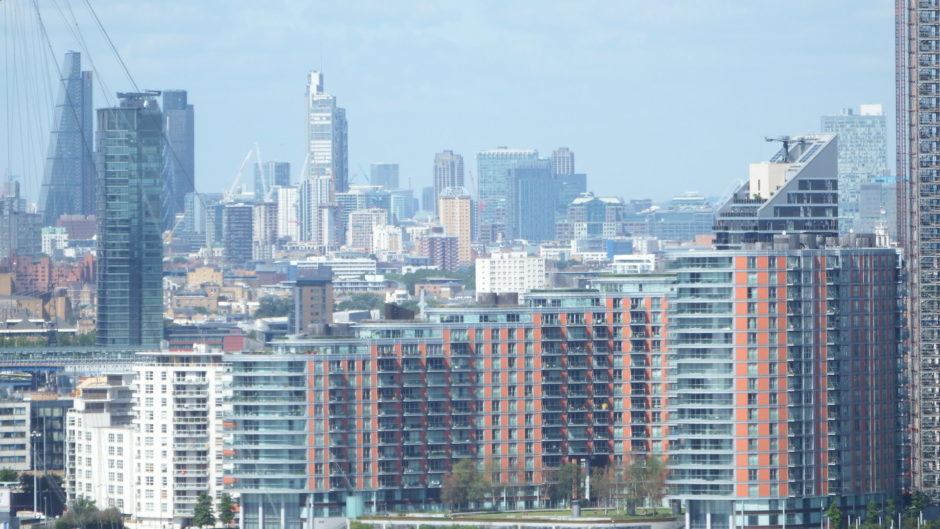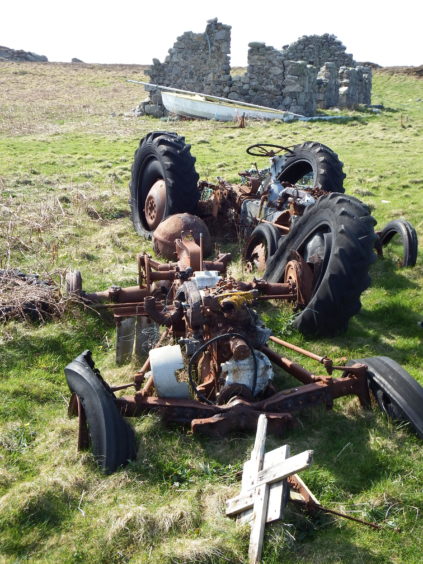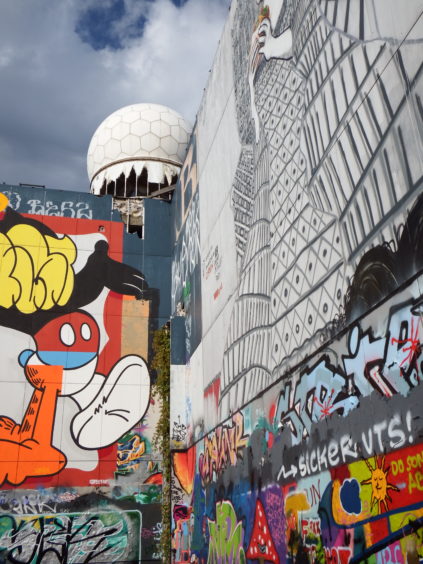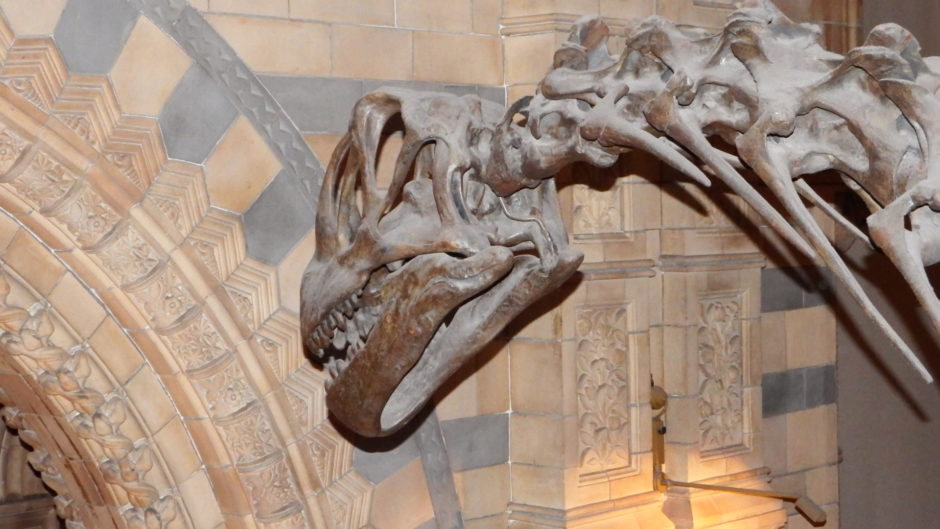Dundee educated ecologist Keith Skene tells Michael Alexander why he believes the growing environmental crisis is not about saving the Earth – it’s about whether humans can keep their place on it.
When Angus-based ecologist and popular science author Keith Skene considers the impact the coronavirus is having on global society, he is as horrified as the next person that so many people are dying.
But at the same time, the Duncan of Jordanstone ecological design tutor describes the pandemic as “really humbling” for the human race because in a world that’s seen everything from mass extinctions to epoch defining climate change in its 4.5 billion year history, it’s a reminder that humans “don’t rule the roost”.
“Coronavirus has brought everything to a standstill,” he says.
“That’s one of the most fascinating things about it. Don’t get me wrong it’s horrific that people are dying. That’s not something at all that I’d ever say was a good thing. But having said that, it is a very humbling experience for the human race.
“Looking at the economics today – stock markets collapsing around the world, transport breaking down, you’ve got countries in lockdown – and all because of a tiny virus that you can’t even see. It’s extraordinary really.”
Keith, 54, of Letham, is no stranger to looking at the “big picture” of life on Earth.
Raised in Armagh in Northern Ireland he studied botany and plant science at Dundee University. Finishing his PhD in 1997, he became an expert in ecology and environmental change. He then worked as a lecturer at Dundee University for 13 years.
Feeling increasingly frustrated about the “isolated and reductionist” world of academic thinking, he set up the Biosphere Research Institute in 2010.
The aim was to bring artists and scientists together to write papers and books on how to tackle the “big questions” about the planet and our place in it.
Focusing on the biosphere – the sum of all life on Earth – the research takes the view that in order to solve the significant environmental and existential problems facing humanity at present, solutions must not focus only on individuals, but must be understood at every level of organization.
In Keith’s new book ‘Artificial Intelligence and the Environmental Crisis: Can Technology Really Save the World?’, published by Routledge – and written before the coronavirus crisis – he tackles two of the most important issues of our time: sustainability and artificial intelligence.
But more profoundly, he also explores the physical and metaphysical journey of humankind in its interaction with the Earth system and with technology, examining issues of gender, racial and cultural equality, social justice and environmental justice.
“We find ourselves at one of the great intersections of our short but eventful history,” says Keith.
“One road, the path of incessant greed and selfishness, meets the other, the path of our increasingly ailing planet.
“It is a collision course, and we are unlikely to survive the impact intact.
“Our highway of consumption has laid waste to much of the Earth as we have accelerated like there was no tomorrow, using new technologies to optimize conditions for ourselves, while maximizing profit from draining the resources of our world.
“We have cut ourselves off from nature, and have ignored the warnings of a silent spring, lured by the songs of the Sirens of pleasure, luxury and apathy.
“The decision facing us is whether we ignore the devastation and plough steadily onwards and downwards, or whether we turn away from this ruinous path.
“Sustainable thinking is no longer a sweet folk song…sustainable thinking is essential thinking, if we are to avoid the calamitous crash that lies ahead.
“Our current path is unsustainable, and the threats are multiple.”
In his book, Keith addresses the “thorny issue” of whether all technology is fundamentally bad for the planet, or if, in fact, technology could be the “life raft in a tumultuous sea of environmental crisis”.
He says there’s no doubt technology has undoubtedly helped deliver the cataclysmic collapse of the Earth system on which life depends – damaging, almost beyond repair, the carefully balanced synchrony of the planet.
It’s not just climate change. With a fast growing population, 50% of the world’s soil has been eroded in the last 150 years, as well as problems with water pollution, putrification and collapsing fish stocks.
Yet he emphasises that it is not the technology that instigated this devastation, but humans themselves.
“This is all building up to make a really bad future,” he says.
“When you’ve got food production declining rapidly because of the soil, and then you are getting fish stocks declining rapidly because of the water pollution, then you’ve got a climate that’s warming up…there’s a complete destabilisation of the system and of course the question is what can we do about it? What should we do about it?”
In his book, Keith explores whether artificial intelligence could play a key role in helping to resolve some of these fundamental existential problems.
In a world where data and information – controlled by a few large companies – is king, the infosphere has the potential to do “immeasurable good”, he says.
But there is also increasing concern that if AI really did become autonomous, sentient and creative, it could deliver a modern-day apocalypse, posing an existential threat.
“There’s a chapter called Fear and Loathing in AI,” explains Keith.
“I write about the first printing presses that came out – people thought they were the work of the devil. They looked on these printers as sinners.
“All new technology brings massive challenges. A lot of the fear about AI – a lot of the experts say we are nowhere near those concerns being reality yet. We’ve only get nano-AI where we basically tell it what to do.
“But if AI is to have an independent philosophy of life in future, what would that philosophy be?
“And how could AI help the environment?
“This is the key point of the book. The book focuses on what kind of intelligence should we be trying to copy. I suggest that human intelligence is actually one of the worst models because it led us to the problems that we’ve got. We look at some other possible models of intelligence.
“Animal intelligence? Swarm intelligence? How termites – even though they have a tiny brain – can build a really complicated termite mine with air conditioning and all sorts of structural things.
“They can do that because they work together and have a complete sharing of their plan really.
“Then we’ve got plant intelligence – that’s a whole new area that’s been developed recently.
“And microbial intelligence – that’s getting quite close to viruses. How intelligent microbes are. How they work together.
“Then we finish off with biosphere intelligence – how the actual planet works.”
Keith says the bottom line is that over 3.8 billion years, Earth’s biosphere has been “surviving, adapting and solving problems”.
For example, recovering from the asteroid strike that wiped out the dinosaurs 65 million years ago – and without human input because we weren’t even around.
“There is a real sort of framework within ecosystems that allows it to re-establish itself each time,” he says.
“It’s like a play – you can get different actors for a play but the play keeps going. That’s very like nature. Things go extinct all the time. But the story keeps carrying on really. Whether we lose our part in the play is another issue, however. It’s not really a story of us saving the Earth. It’s about saving ourselves really.”
